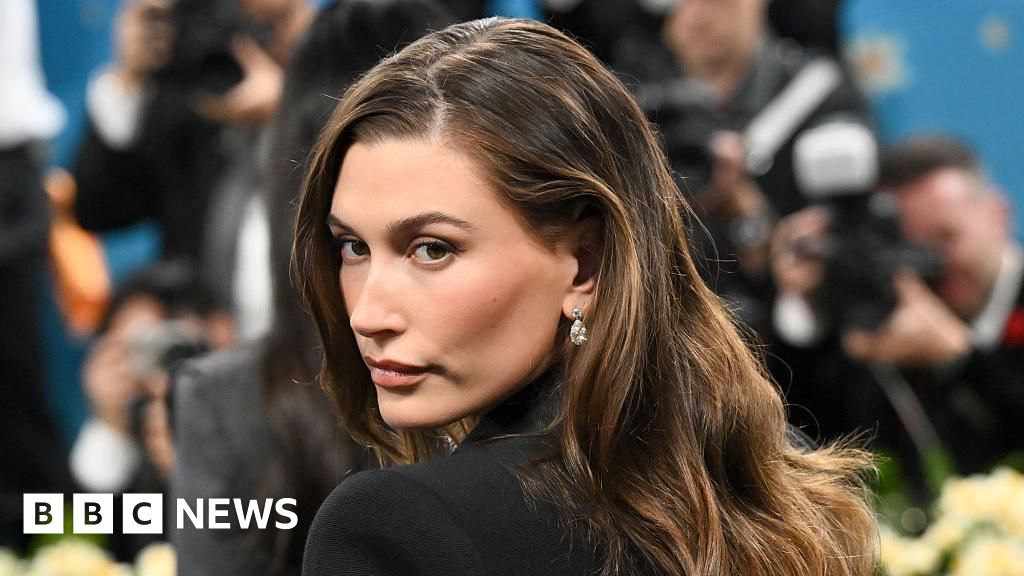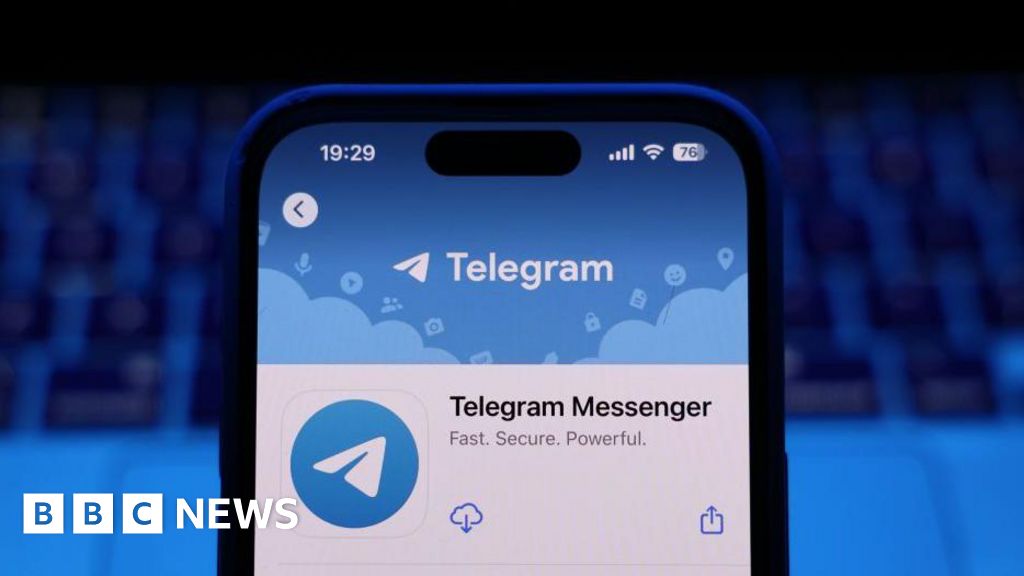- Fashion
Google’s AI video tool amplifies fears of an increase in misinformation
时间:2010-12-5 17:23:32 作者:Culture & Society 来源:Latin America 查看: 评论:0内容摘要:Camera technology has developed significantly lately, he adds.Camera technology has developed significantly lately, he adds.
Diary entries written during that time by Lord Vallance, then the UK's chief scientific adviser, revealed officials "always want[ed] to go for stick, not carrot".Lord Vallance has said his diary entries were informal personal reflections and "late night musings", never intended for publication.

He was giving evidence to the sixth part of the Covid inquiry, which is investigating test, trace and quarantine policies.During 90 minutes of questioning, he was shown a series of entries from his evening diaries from the first year of the pandemic.On 12 August 2020, he wrote about a meeting with the prime minister and his senior aides, including then chief adviser Dominic Cummings and cabinet secretary Simon Case.

"Instinct of this crew is to go for more enforcement and punitive measures," he wrote."We suggested more carrot and incentives [were] required to make people take a test, self-isolate etc, but they always want to go for stick not carrot."

Asked who he was referring to in that entry, Lord Vallance said it would have been the "decision-makers for policy".
In another entry, on 25 September 2020, as Covid cases were rising once again, he quoted Boris Johnson as saying: "We need a lot more punishments and a lot more closing down".But nearly a quarter of respondents said their employers currently were not providing enough support.
Prof Nakata said the technology "could be a transformative change in organisations across the UK".He said AI could "simplify complex tasks, take away the boring jobs, and enable workers to have more time to focus on the things that really matter".
"But that's just the tip of the iceberg; it could prove to be a solution that not only helps businesses thrive but improves work satisfaction for employees," he added.Robots for training carers, sensors that monitor people as they sleep and an app that can detect if someone is in pain - could this be the future of care?
- 最近更新
- 2025-07-07 09:02:05Panama declares emergency in western province after deadly pension protests
- 2025-07-07 09:02:05Trump tracker: the latest data on US tariffs, trade and economy
- 2025-07-07 09:02:05Building the product shelf of the future
- 2025-07-07 09:02:05Will the courts rain on Trump’s parade?
- 2025-07-07 09:02:05‘Massive’ Russian air assault kills at least 10 in Ukraine’s capital Kyiv
- 2025-07-07 09:02:05Israel-Iran conflict: List of key events, June 22, 2025
- 2025-07-07 09:02:05What happens to Nato if the US steps back?
- 2025-07-07 09:02:05Thai government in crisis amid fallout from PM’s leaked phone call
- 热门排行
- 2025-07-07 09:02:05Royal Caribbean's private island in the Bahamas
- 2025-07-07 09:02:05US and Israeli attacks hit key nuclear sites but questions remain over stash of enriched material
- 2025-07-07 09:02:05take advantage of catchup contributions
- 2025-07-07 09:02:05Anneleen Van Bossuyt suggests measures echoing Donald Trump’s negotiation tactics
- 2025-07-07 09:02:05in May of 2024 about her weight loss journey
- 2025-07-07 09:02:05Shooting victim Colombia Senator Uribe Turbay critical after brain surgery
- 2025-07-07 09:02:05Aquasonic Black Series Ultra Whitening Toothbrush$38$50Save $12with coupon
- 2025-07-07 09:02:05History of US-Iran relations: From the 1953 regime change to Trump strikes
- 友情链接
- US attacks Iran: How Trump rejoined ‘team’ Netanyahu US bombs Iran: What we know about US strikes on Iran’s nuclear facilities Key players tangle at UNSC at ‘perilous turn’ of US-Israel-Iran conflict Pakistan to nominate ‘genuine peacemaker’ Trump for Nobel Peace Prize The woman raising 98 children with disabilities in Uganda Two jailed for 30 years over 2019 Kenya hotel attack Boeing CEO cancels airshow visit as investigation starts on India crash Markram and Bavuma put South Africa on verge of WTC win against Australia Why India refused to join SCO condemnation of Israel’s attacks on Iran Two jailed for 30 years over 2019 Kenya hotel attack Photos: Kenyan police shoot bystander at close range during latest protests At least 100 people killed as gunmen attack Nigeria’s Benue: Rights group Photos: Kenyan police shoot bystander at close range during latest protests ‘I realised I was alive’: Sole survivor of Air India crash recounts tragedy Sorry, Mr Gates, your billions won’t save Africa Trump’s Pakistan embrace: ‘Tactical romance’ or a new ‘inner circle’? The Netherlands returns 119 stolen sculptures to Nigeria Will Iran retaliate or capitulate? India’s Modi tells Trump there was no US mediation in Pakistan truce Key players tangle at UNSC at ‘perilous turn’ of US-Israel-Iran conflict Iran-Israel conflict raises alarm in Pakistan amid fears over own security Trump’s Pakistan embrace: ‘Tactical romance’ or a new ‘inner circle’? India says it will ‘never’ restore Indus Waters Treaty with Pakistan The Netherlands returns 119 stolen sculptures to Nigeria Clashes injure 11 as Kenyans protest death of blogger in police custody Sorry, Mr Gates, your billions won’t save Africa Two jailed for 30 years over 2019 Kenya hotel attack Amid US-Pakistan thaw, two key challenges: Iran and China US attacks Iran: How Trump rejoined ‘team’ Netanyahu Are commercial interests driving Uganda’s military operations in DR Congo?
